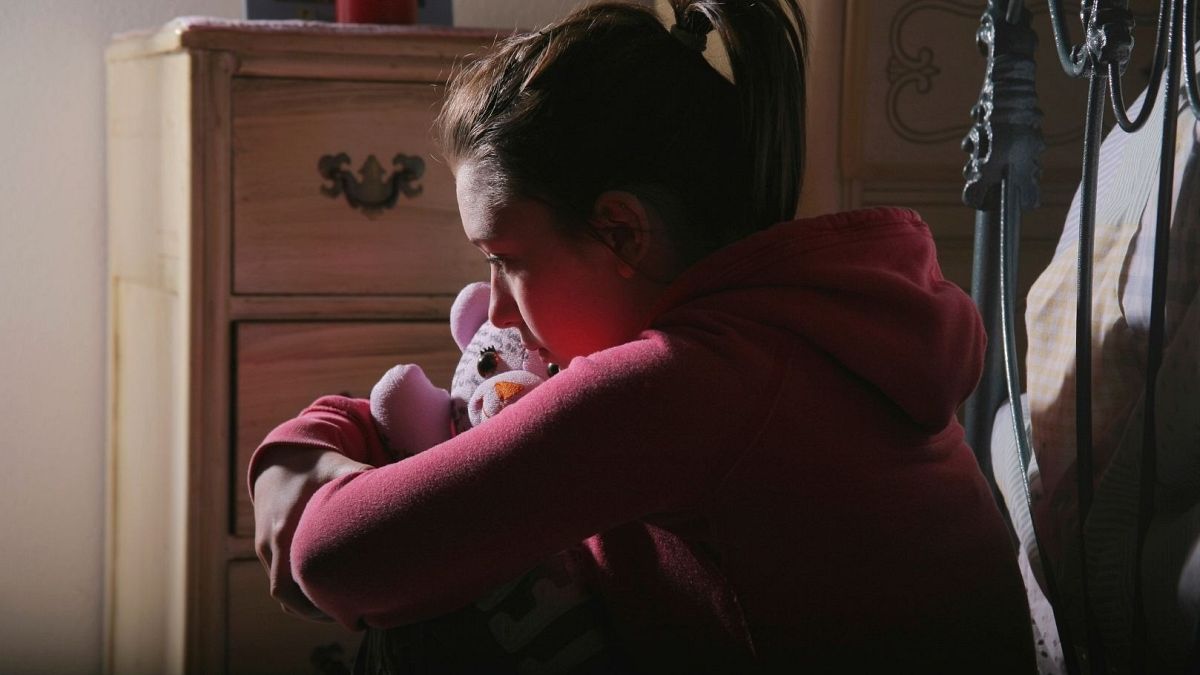Kiwi Perspective: Which European Teens Are Thriving (and Struggling) with Mental Wellbeing?

The research, encompassing a broad range of European countries, looked at self-reported mental health among adolescents. It’s a valuable piece of data, providing a comparative look at how young people are feeling across the continent. Interestingly, the study consistently found that boys were more likely to report feeling good about their mental health compared to girls. This isn't necessarily a reflection of boys *actually* feeling better, but rather potentially a difference in how they report their experiences – perhaps influenced by societal expectations or a reluctance to express vulnerability.
So, which countries came out on top? While the full report details the nuances, several nations consistently showed higher rates of positive mental health reports among their teenage populations. These include countries in Northern Europe – think Sweden, Denmark, and Finland. What’s contributing to this? Several factors are likely at play:
- Strong Social Safety Nets: These countries often boast robust social welfare systems, providing support for families and young people facing challenges.
- Emphasis on Wellbeing: There's a cultural emphasis on mental health and wellbeing, with readily available mental health services and a reduced stigma surrounding seeking help.
- Healthy Lifestyles: Generally, these nations promote healthy lifestyles, including access to quality education, healthcare, and recreational opportunities.
Conversely, some countries reported significantly lower rates of positive mental health among their teenage population. Southern and Eastern European nations often featured in this category. Potential contributing factors include:
- Economic Hardship: Economic instability and unemployment can place immense stress on families and young people.
- Limited Access to Services: Access to mental health services can be limited, particularly in rural areas.
- Social and Cultural Factors: Stigma surrounding mental health can prevent young people from seeking help.
As New Zealanders, we can learn a lot from this European study. While we're fortunate to have a strong social safety net, we still face challenges regarding youth mental health. The gender disparity – with girls often reporting higher rates of mental health concerns – is a significant issue here as well. It highlights the importance of:
- Promoting Open Conversations: Creating safe spaces for young people to talk about their feelings without judgment.
- Improving Access to Mental Health Services: Ensuring that all young people, regardless of their location or socioeconomic background, have access to timely and appropriate mental health support.
- Addressing Gender-Specific Issues: Recognizing that girls and boys may experience mental health challenges differently and tailoring support accordingly.
Ultimately, investing in the mental wellbeing of our young people is an investment in our future. By learning from international studies like this one, and by prioritising preventative measures and accessible support, we can help ensure that all teenagers – both in Europe and here in New Zealand – have the opportunity to thrive.





)
